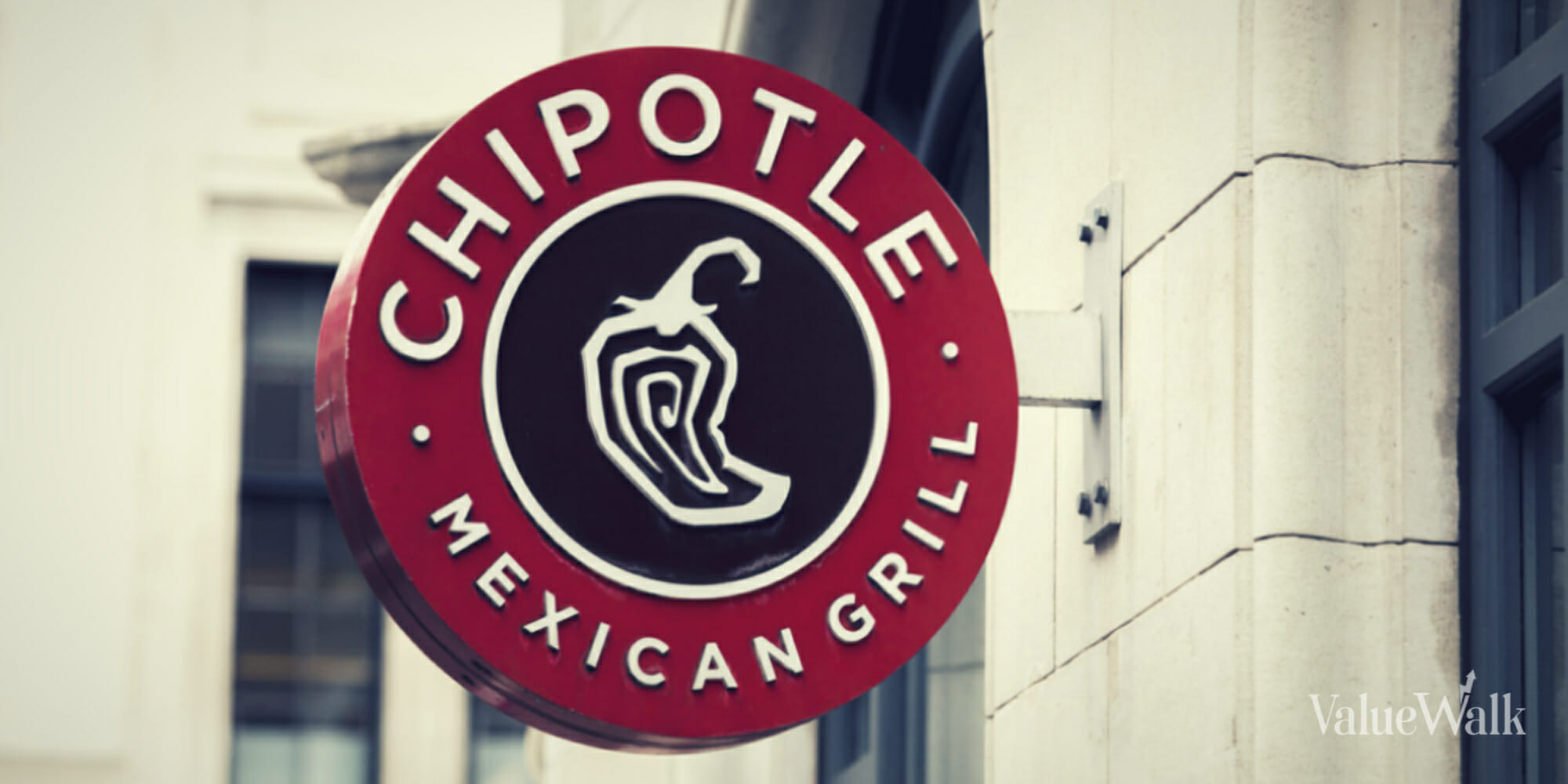Walt Disney (NYSE:DIS) stock was up more than 6% on Thursday afternoon following the release of its fiscal fourth-quarter earnings and an update on its strategy moving forward.
The company’s earnings exceeded analysts expectations, buoyed by another strong quarter from its theme parks, but it also got a boost from a more surprising source — its streaming business.
The struggling media giant had come under fire, most recently from activist investor Nelson Peltz from Trian Fund Management. Peltz reportedly had bought up more shares and was looking to add board seats in an effort to gain more influence over Disney’s strategic direction. One of Peltz’s major concerns has been the underperformance of the direct-to-consumer (DTC) streaming business.
It is not clear how Walt Disney’s earnings affected Peltz’s stance, but investors seemed pleased.
Disney+ gains subscribers
Disney saw its revenue climb 5% year over year in the fourth quarter to $21.2 billion and 7% for the full fiscal year to $88.9 billion. The company’s operating income in fiscal Q4 was up 86% in the quarter to $3 billion, while its earnings per share (EPS) rose 56% year over year to 14 cents. For the full year, Walt Disney’s operating income was up 6% to $12.8 billion, while its EPS fell 26% to $1.29.
Disney’s Experiences segment, which is essentially its theme-park businesses, has been its cash cow all year, and that held true in the most recent quarter as the division’s revenue climbed 13% to $8.2 billion. For the year, Experiences revenue climbed 16% to $32.5 billion.
However, Disney’s Entertainment arm, which includes its TV networks, direct-to-consumer streaming content, and films, also added a nice boost. Entertainment revenue rose 2% in the quarter to $9.5 billion, with direct-to-consumer content leading the way with a 12% revenue boost to $5 billion. Disney+ added 7% more subscribers year over year to 113 million, while Hulu subscribers were up by about 1%. About 50% of the new Disney+ subscribers were for the ad-supported platform.
Linear networks, including ABC and the TV stations it owns, saw their revenue decline 9% to $2.6 billion due to lower advertising revenue. Contest Sales/Licensing, which incorporates Disney’s film division, posted a 3% quarterly decline in revenue to $1.86 billion. Finally, revenue in the Sports segment, which includes ESPN, was essentially flat at $3.9 billion, but operating income was up 16% on higher ESPN+ subscriptions and a decrease in programming, production and marketing costs.
“Our results this quarter reflect the significant progress we’ve made over the past year,” said Disney CEO Robert Iger. “While we still have work to do, these efforts have allowed us to move beyond this period of fixing and begin building our businesses again.”
Cost cuts and four key building blocks
While the Q4 results were good, investors may have found some of the plans for Disney’s strategic way forward more promising. Those plans include increasing its target for cost cuts by $2 billion to $7.5 billion. One of Peltz’s previous demands called for expense reductions and streamlining of operations.
Iger also outlined Disney’s “four key building opportunities” that will drive future success. They include achieving significant and sustained profitability in the streaming business; building ESPN into the preeminent digital sports platform; improving the output and economics of the film studios; and turbocharging growth in the Experiences business.
On the streaming business, Iger said the company plans to roll out a “one-app experience” for Hulu and Disney+ bundle subscribers. A beta will be rolled out in December with the full launch slated for Spring 2024. Regarding ESPN, the CEO said the company is “exploring strategic partnerships to help advance our efforts through marketing, technology, distribution and additional content.”
The parks business has enjoyed revenue that’s 25% higher this year compared to pre-pandemic 2019 levels, while its return on invested capital has doubled in the past five years. Iger said Walt Disney plans to “turbocharge” the growth of its parks through strategic investments over the next decade.
“Given our wealth of IP, innovative technology, buildable land, unmatched creativity and strong returns on invested capital, we’re confident about the potential from our new investments,” he said.
Disney stock was up more than 6% on Thursday, back to around $90 per share. It is up by about 3.6% year to date.





